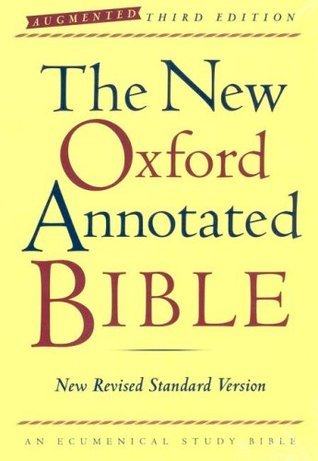What do you think?
Rate this book


2048 pages, Hardcover
First published January 1, 1920
The angel who talked with me came again, and wakened me, as one is wakened from sleep. He said to me, ‘What do you see?’ And I said, ‘I see a lampstand all of gold, with a bowl on the top of it; there are seven lamps on it, with seven lips on each of the lamps that are on the top of it. And by it there are two olive trees, one on the right of the bowl and the other on its left.’ I said to the angel who talked with me, ‘What are these, my lord?’ Then the angel who talked with me answered me, ‘Do you not know what these are?’ I said, ‘No, my lord.’ He said to me . . .‘These seven are the eyes of the Lord, which range through the whole earth.’ Then I said to him, ‘What are these two olive trees on the right and the left of the lampstand?’ And a second time I said to him, ‘What are these two branches of the olive trees, which pour out the oil through the two golden pipes?’ He said to me, ‘Do you not know what these are?’ I said, ‘No, my lord.’ Then he said, ‘These are the two anointed ones who stand by the Lord of the whole earth.’
“Then I saw a new heaven and a new earth; for the first heaven and the first earth had passed away, and the sea was no more. And I saw the holy city, the new Jerusalem, coming down out of heaven from God, prepared as a bride adorned for her husband. And I heard a loud voice from the throne saying,
‘See, the home of God is among mortals.
He will dwell with them;
they will be his peoples,
and God himself will be with them;
he will wipe every tear from their eyes.
Death will be no more;
mourning and crying and pain will be no more,
for the first things have passed away.’
And the one who was seated on the throne said, ‘See, I am making all things new.’ Also he said, ‘Write this, for these words are trustworthy and true.’ Then he said to me, ‘It is done! I am the Alpha and the Omega, the beginning and the end. To the thirsty I will give water as a gift from the spring of the water of life.”
“You cause the grass to grow for the cattle,
and plants for people to use,
to bring forth food from the earth,
and wine to gladden the human heart,
oil to make the face shine,
and bread to strengthen the human heart.”